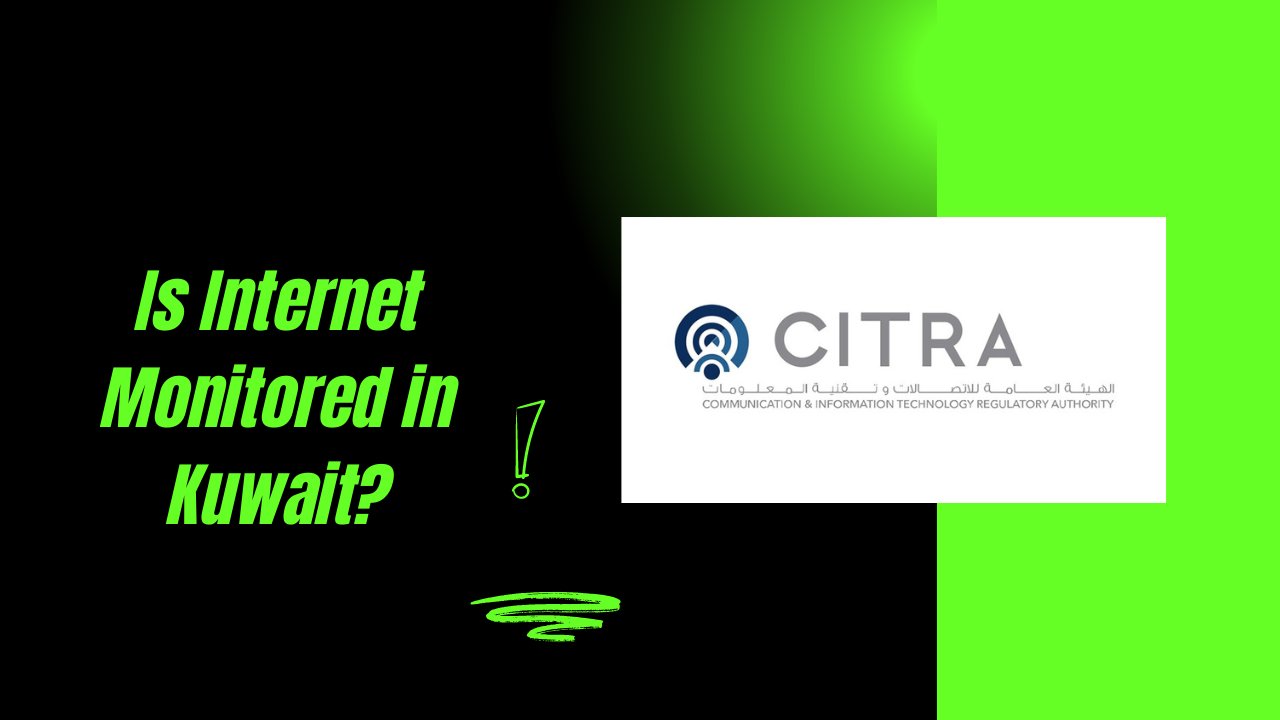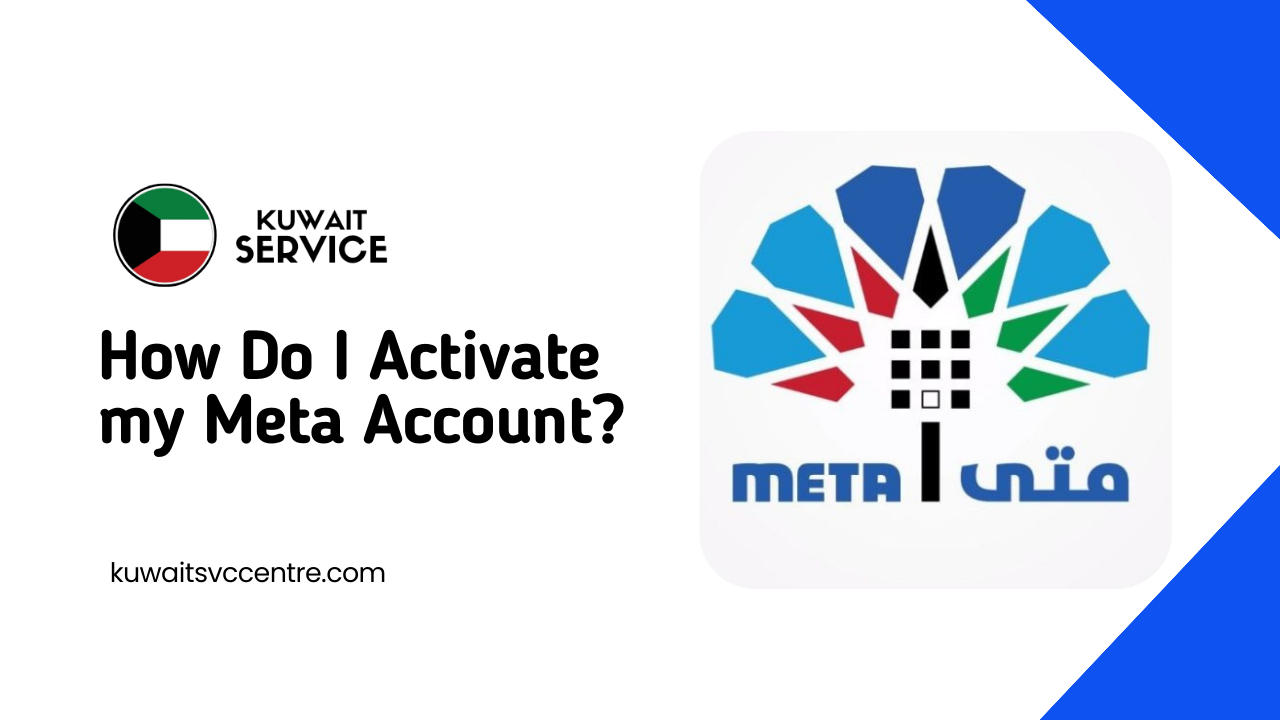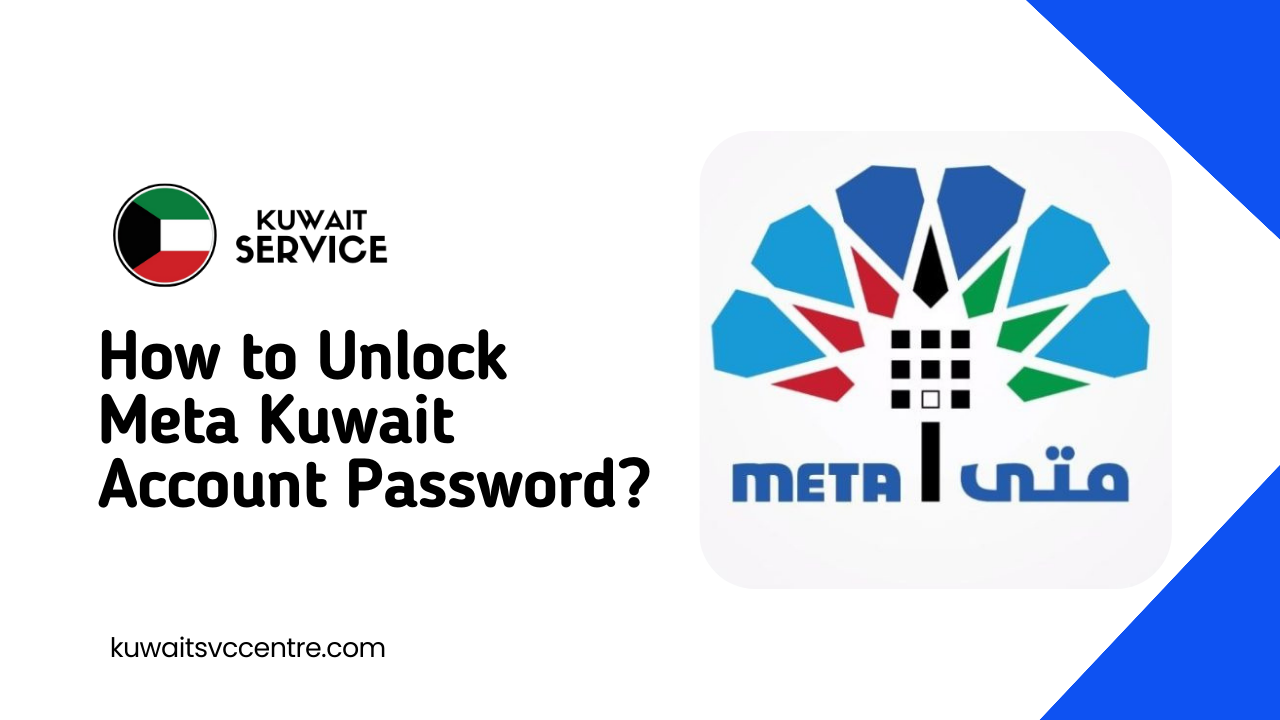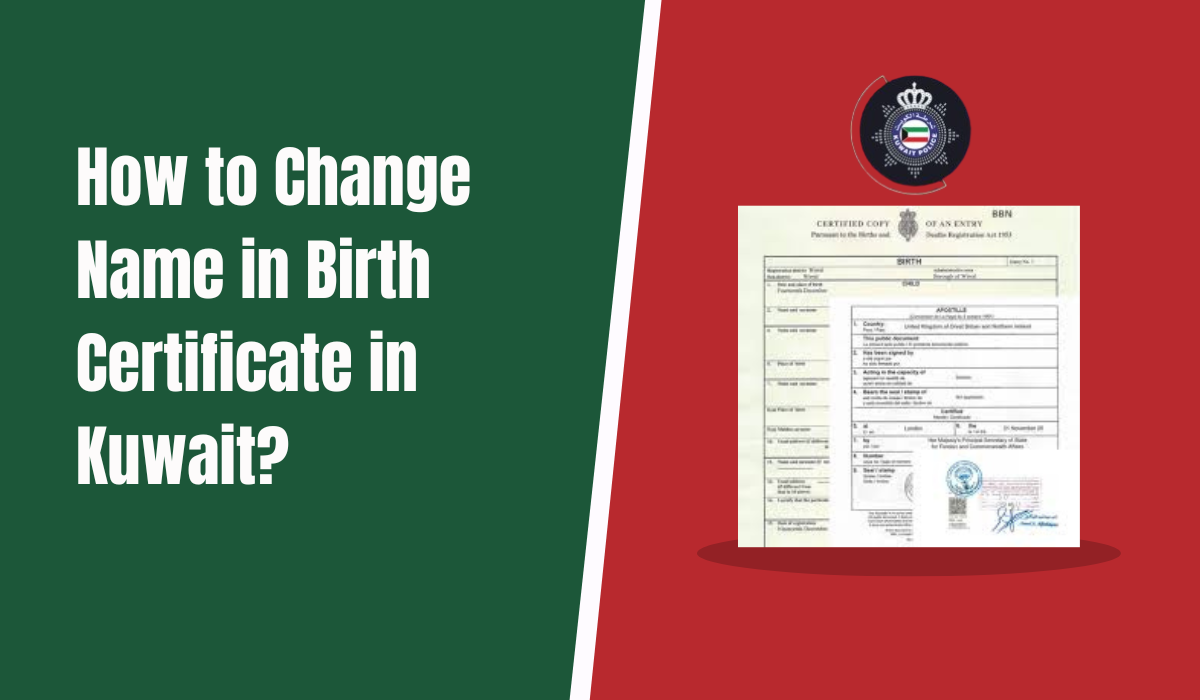Is Internet Monitored in Kuwait? In recent years, internet usage has become an essential aspect of daily life across the globe, including in Kuwait.
As the world becomes more digital, concerns about privacy and security grow, particularly in regions where governments monitor online activities for various reasons, including national security, public order, and the protection of information.
In Kuwait, internet monitoring is implemented to ensure the safety and security of its citizens and government institutions. This article delves into how internet monitoring works in Kuwait, the technology behind it, and its implications for residents and users of the Kuwait Government Online Portal.
The Role of CAIT in Internet Monitoring
The Central Agency for Information Technology (CAIT) in Kuwait plays a critical role in the country’s internet monitoring activities. CAIT is responsible for overseeing the technological infrastructure that facilitates communication between citizens and government bodies.
To ensure the security and reliability of these services, CAIT employs commercial software that actively monitors network traffic within Kuwait’s internet infrastructure.
By monitoring the flow of data, CAIT can detect and prevent illegal activities such as phishing, hacking, and data corruption. This measure is essential in safeguarding both the personal information of citizens and the sensitive data stored within government databases.
One of the primary goals of internet surveillance in Kuwait is to protect the Kuwait Government Online Portal, which provides access to a variety of governmental services. Through this portal, users can conduct official business such as applying for civil IDs, paying fines, and checking their residency status. Due to the sensitive nature of these services, maintaining a high level of security is paramount.
Read Also: What is the Customer Care Number of X-cite Kuwait?
How Does Internet Monitoring Work in Kuwait?
Internet monitoring in Kuwait operates through the use of advanced commercial software. This software enables CAIT to track and analyze network traffic in real time.
The system is designed to detect any illegal or suspicious activities, such as unauthorized access to government databases or attempts to disrupt services. The technology behind this process is sophisticated, relying on algorithms that scan for patterns and anomalies that could indicate malicious behavior.
For instance, phishing attacks—where criminals attempt to trick individuals into providing personal information such as passwords or credit card details—can be identified and blocked through this monitoring system.
Similarly, any attempts to upload, modify, or delete sensitive information from government websites are flagged and prevented, ensuring that the services provided through the Kuwait Government Online Portal remain intact and secure.
Why Is Internet Monitoring Necessary?
Internet monitoring is essential in Kuwait for several reasons, chief among them being national security and the protection of citizens’ data. As the digital landscape grows, so do the risks associated with online activities.
Cybercriminals are constantly devising new ways to exploit vulnerabilities in online systems, targeting both individuals and institutions. By monitoring internet traffic, CAIT can mitigate these risks and ensure that the country’s online services remain functional and secure.
Furthermore, internet monitoring helps maintain public order by curbing illegal activities such as the distribution of pirated content, hate speech, and extremist propaganda. These types of activities not only pose a threat to national security but also undermine the cultural and social fabric of Kuwait.
Implications for Users of the Kuwait Government Online Portal
For residents and citizens who use the Kuwait Government Online Portal, internet monitoring provides an additional layer of security.
Whether applying for official documents or making online payments, users can feel confident knowing that their transactions are being protected by sophisticated security measures. CAIT’s monitoring ensures that any attempts to compromise the integrity of the portal are swiftly detected and addressed.
While some may be concerned about privacy issues, it is important to note that internet monitoring in Kuwait is designed to target specific illegal activities. It is not intended to infringe on the privacy of ordinary citizens going about their daily online activities.
Instead, it focuses on safeguarding sensitive information and ensuring that the online services provided by the government are reliable and secure.
Conclusion
In an increasingly connected world, the need for internet security is more crucial than ever. Kuwait’s approach to internet monitoring, spearheaded by CAIT, reflects the government’s commitment to protecting its citizens and maintaining the integrity of its online services.
Through the use of advanced commercial software, CAIT can effectively monitor network traffic, detect illegal activities, and prevent cyber threats from disrupting the Kuwait Government Online Portal.
For users, this monitoring means enhanced security when accessing government services online. The protection of personal and sensitive information ensures that citizens can continue to interact with government entities digitally without fear of their data being compromised.
As Kuwait continues to develop its digital infrastructure, internet monitoring will remain a vital component in maintaining the safety and security of its online services.





